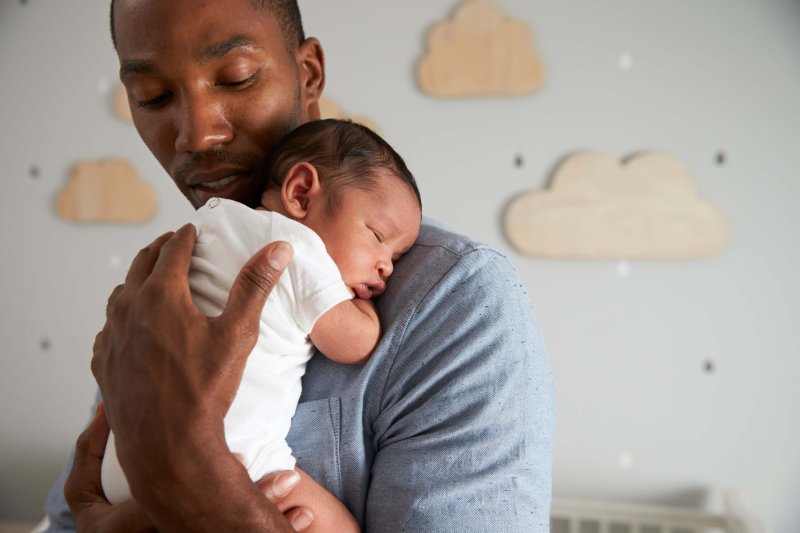“The introduction of genetic modifications into future generations could have permanent and possibly harmful effects on the species,” a group of prominent bioscience researchers write in Nature.
…
But are the risks of passing along edited genes to future generations really incalculable? No. Considering how natural genetic mutations get passed down to future generations sheds a bright light on just how big a risk to future generations the twins’ edited genes are. And it turns out the reproductive risks of edited genes are essentially no different than the risks associated with naturally mutated genes.
…
Bottom line: All you folks who are parents have already passed along novel mutations to future generations while some other mutations have sporadically occurred when your kids were zygotes. Those mutations will be passed down to their kids and your grandkids and some may turn out to be deleterious (although one hopes not). Obviously, CRISPRed embryos need to be checked before they are implanted to make sure that the desired changes have been made and that no especially harmful off-target mutations have occurred. But after that, gene-edited kids can be released into the wild human gene pool with no special worries about how they might effect future generations.
Read full, original post: Gene-Edited Kids Can Be Safely Released into the Wild Human Gene Pool































